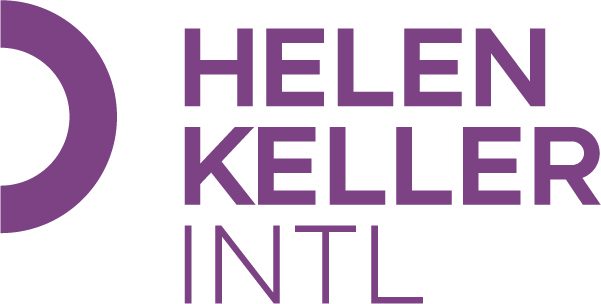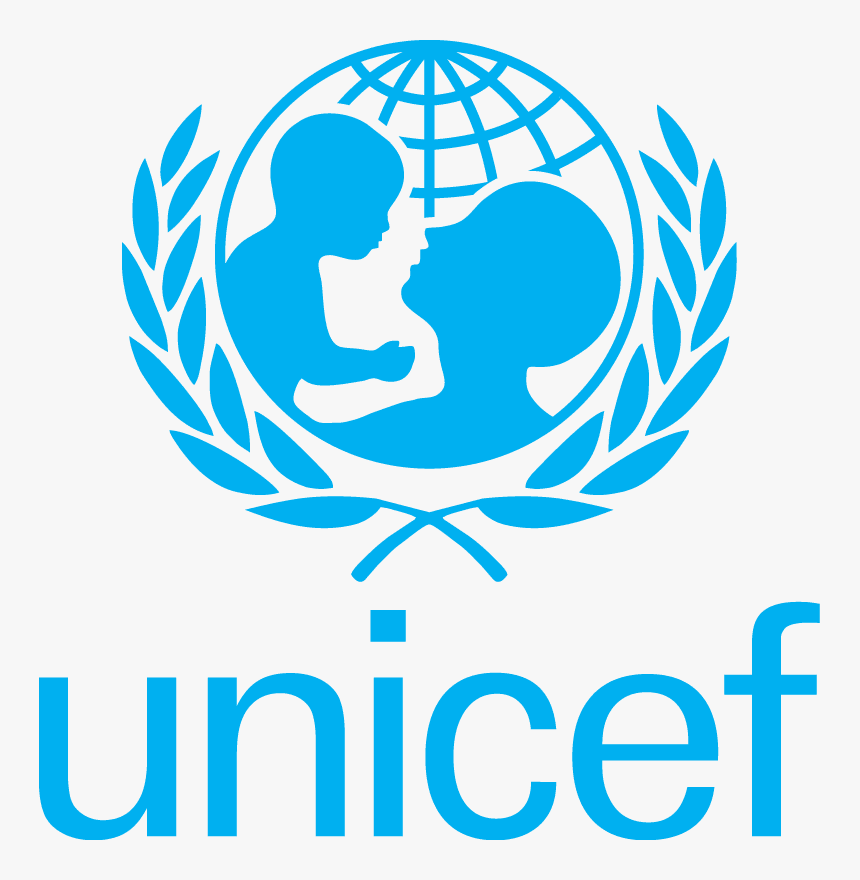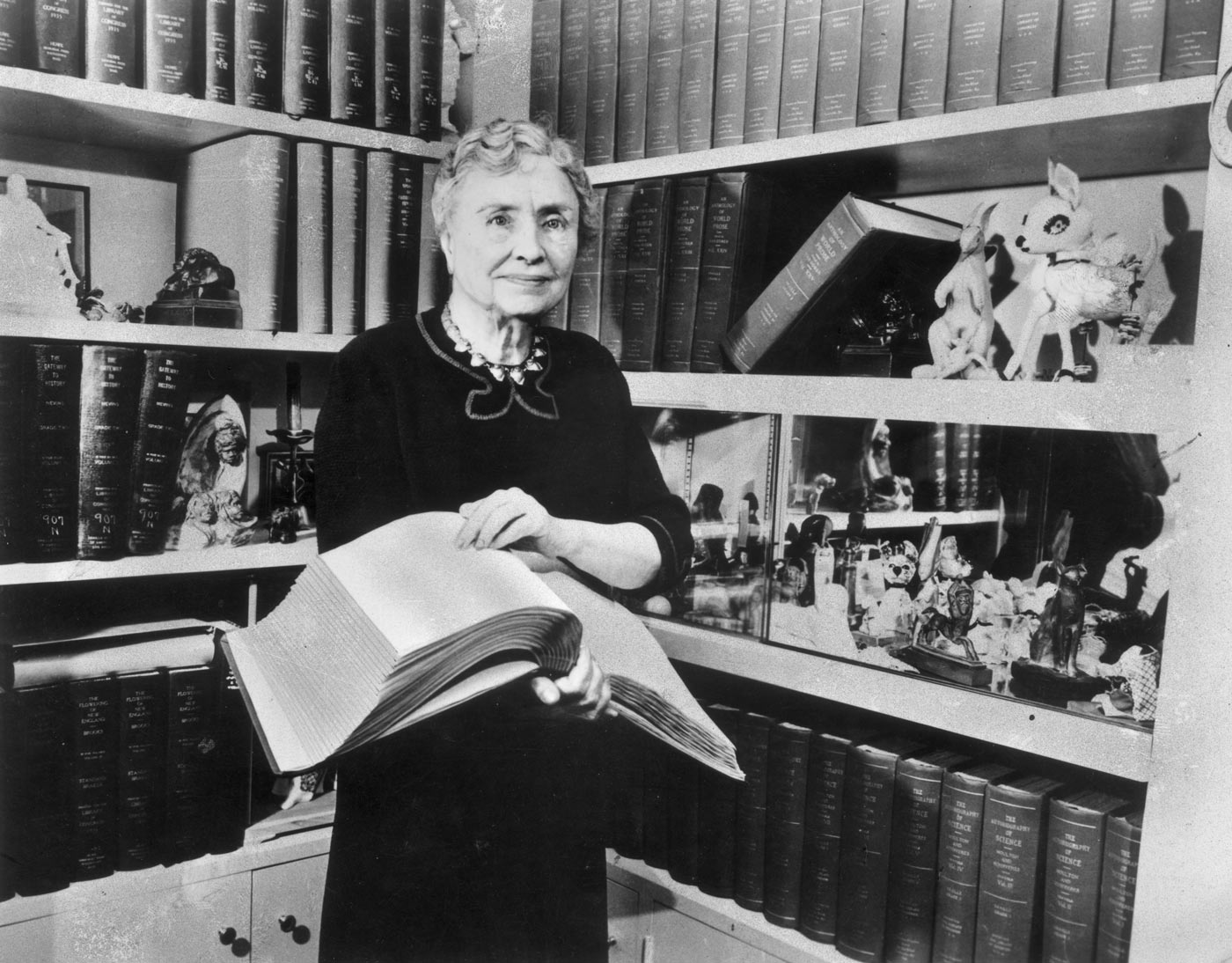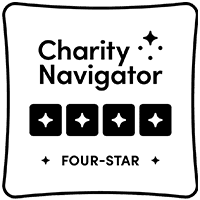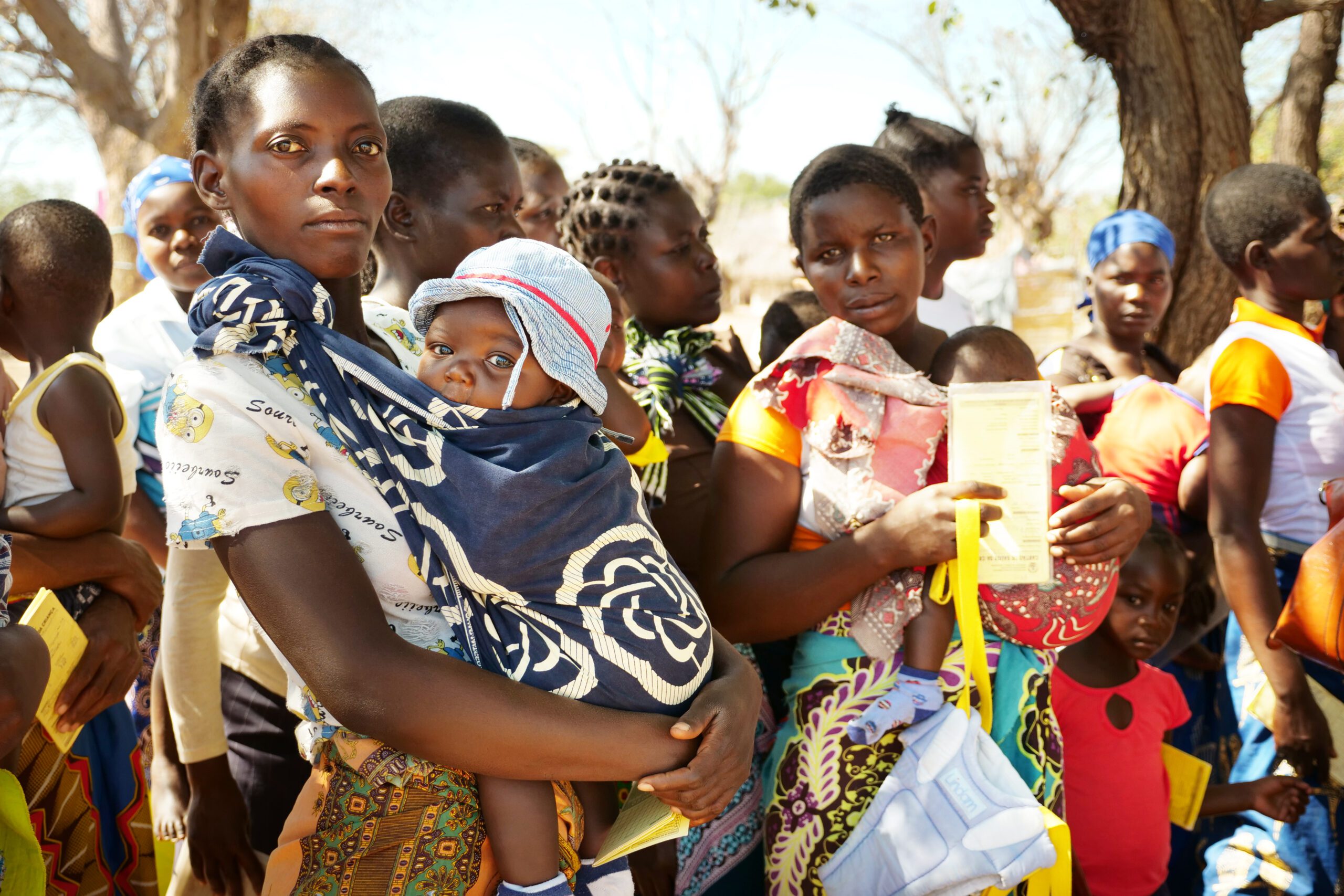
Reaching Every Child in Mozambique with Lifesaving Vitamin A
Editor’s Note: This article was written before the COVID-19 pandemic began. Since COVID, we have delivered vitamin A supplementation with additional safety measures, so children get the support they need to develop healthy immune systems.
Just a few miles beyond the tiny village of Zambezi in the northwest corner of Mozambique, the dusty road ends at the border with Zimbabwe. Located in rural Tete province, Zambezi is roughly the size of Delaware and has a population of less than 90,000 people. The village has no electricity apart from a few generators and some solar panels that charge cell phones and other small appliances. There are barely any cars, public transportation is extremely limited, and the closest health facility is about thirteen miles away.
In 2017, Helen Keller Intl adapted the World Health Organization’s Reach Every Child initiative for the Mozambican context. The initiative brings out-of-the-way communities like Zambezi access to medical care.
Osvaldo Neto is the National Program Manager for Helen Keller in Mozambique. He said, “Just because a family lives very far from a health facility doesn’t mean they deserve health care any less. In fact, children living in the most remote areas are often the most desperately in need of Vitamin A supplementation.”
Vitamin A: a real life-saver
Vitamin A is a powerful immunity and vision-strengthening micronutrient that prevents blindness and fights disease. Unfortunately, the majority of children in Mozambique are vitamin A-deficient, because their diets lack adequate amounts of vitamin A-rich foods. Fortunately, liquid supplements can also supply vitamin A. In fact, when children aged six months to five years receive high-dose supplementation every six months, child mortality rates can decrease by up to a quarter.
Helen Keller supports national governments to implement vitamin A supplementation in eleven African countries. For many years and in many countries, including Mozambique, health workers delivered vitamin A alongside vaccines during large-scale immunization campaigns. Then, in 2017, the government of Mozambique switched from a “campaign” to a “routine” model, wherein vitamin A is administered with other routine health services.
In partnership with UNICEF and with funding from Global Affairs Canada, Helen Keller is the only non-profit organization within Mozambique helping the country’s Ministry of Health with routine delivery. We support supplementation in about half of Mozambique’s provinces and are in the process of scaling up to nationwide.
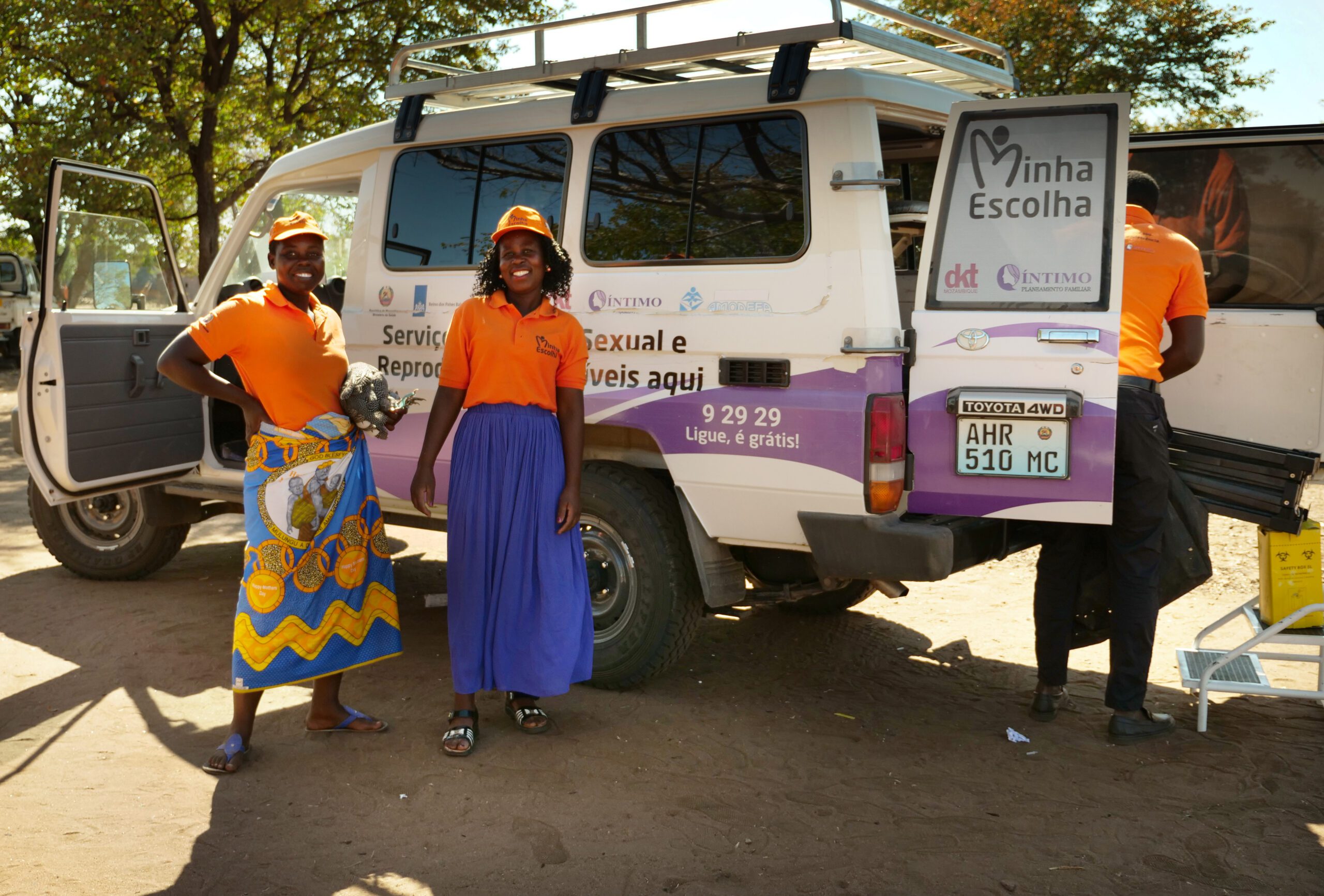
Combining vitamin A supplementation with routine health services
Helen Keller’s approach is to integrate vitamin A supplementation with other routine healthcare via three complementary platforms.
- Health facilities offer vitamin A supplementation, deworming tablets, and other routine services to children who live within approximately three miles.
- Four times per year, staff from health facilities travel in mobile brigades to deliver services, including vitamin A supplementation, to communities more than three miles away.
- Community health workers provide house calls to people in the most distant communities, approximately five or more miles away. The workers educate community members, provide family planning services, and help treat common illnesses such as diarrhea and malaria.
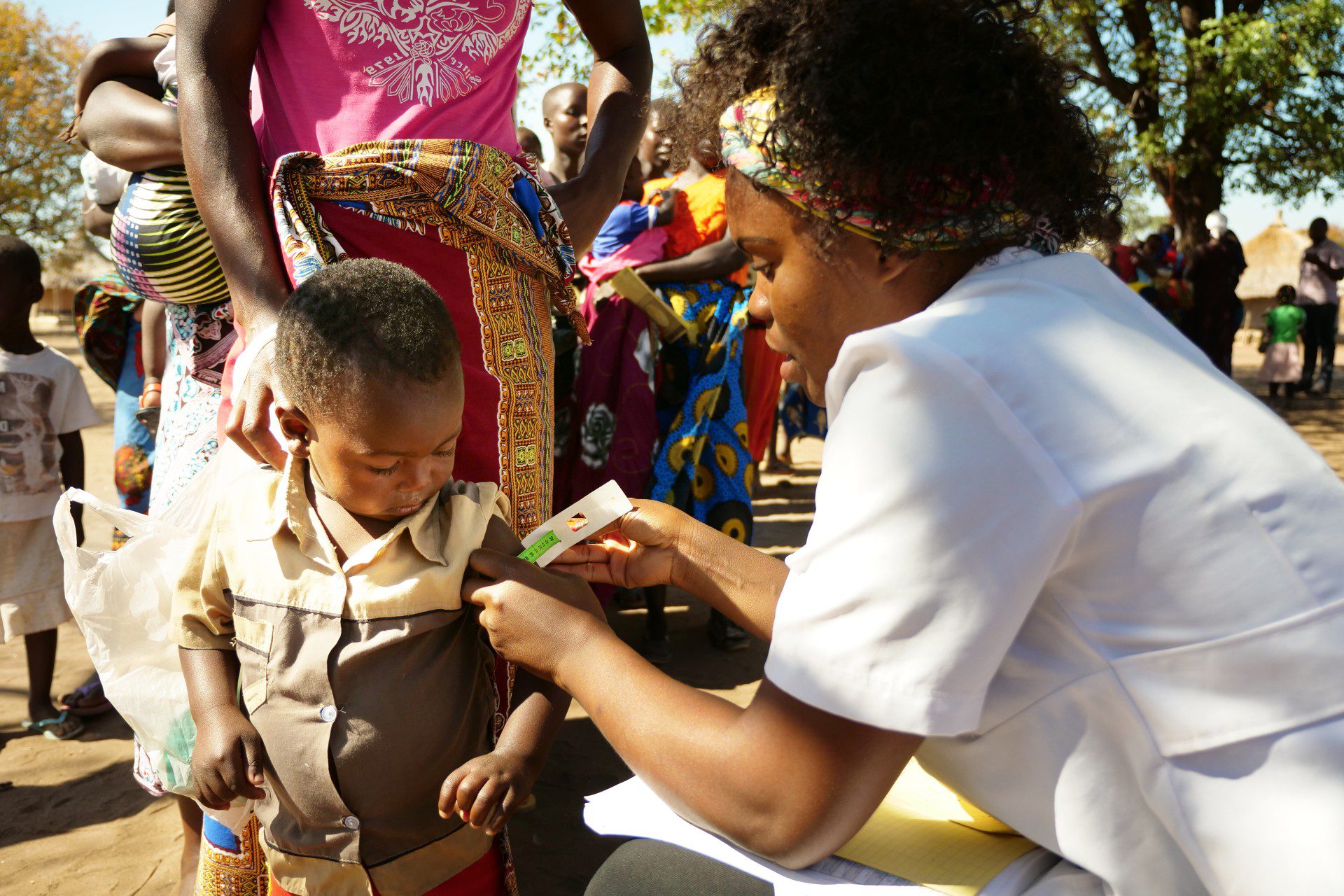
Zambezi receives a visit from the mobile brigade
During a recent visit to Zambezi, mobile brigade health staff set up an outdoor staging area. They screened children for malnutrition and administered routine immunizations, vitamin A supplementation, and deworming tablets. They also erected a temporary canopy nearby, where they provided mothers with nutrition counselling, HIV testing, and family planning services.
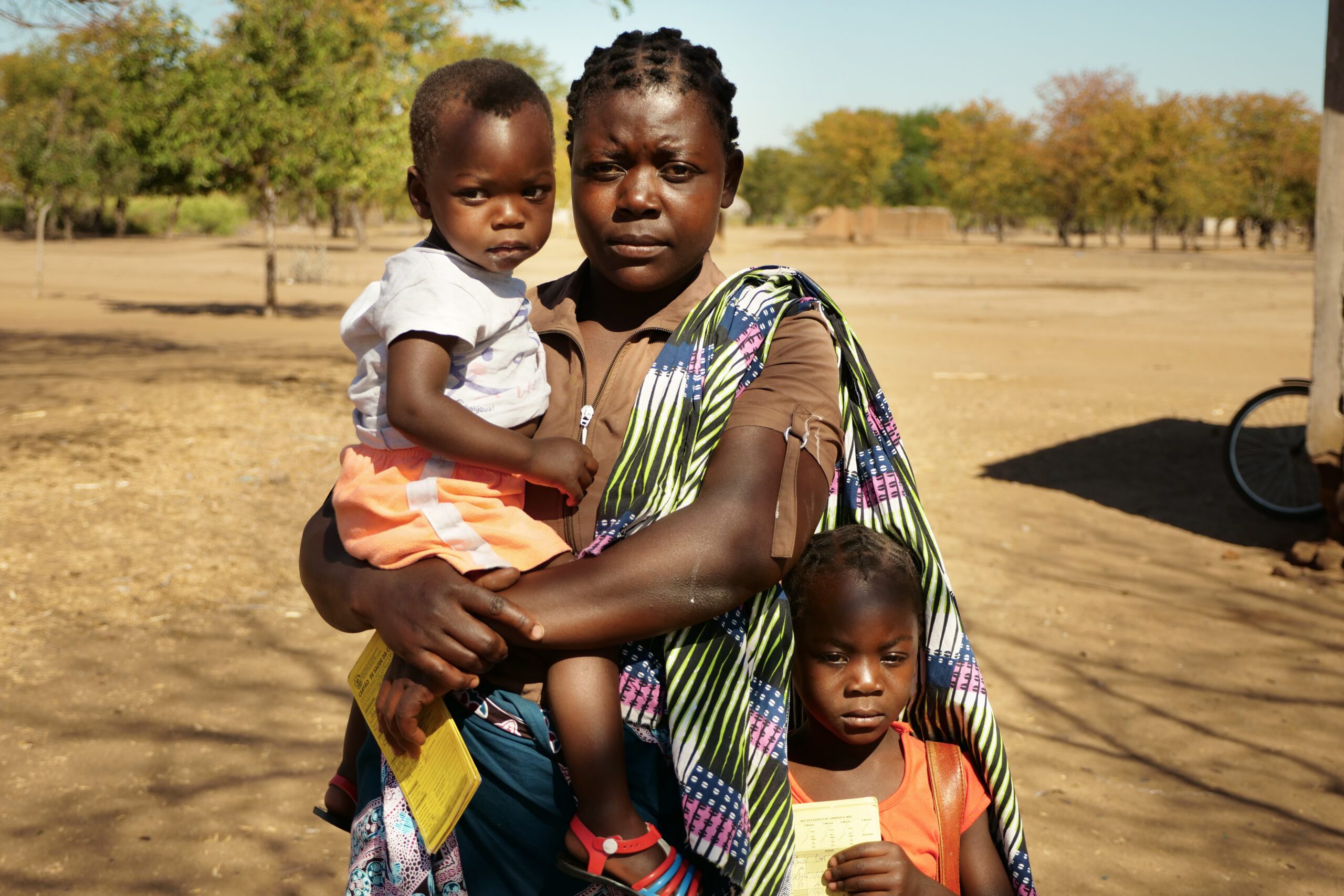
“I came to get preventative services for my children,” said Chenai Tonderai. Her youngest child received a biyearly dose of vitamin A supplementation and a deworming tablet. Chenai continued, “Vitamin A helps protect children from disease and prevents blindness. Deworming tablets prevent stomach problems.”
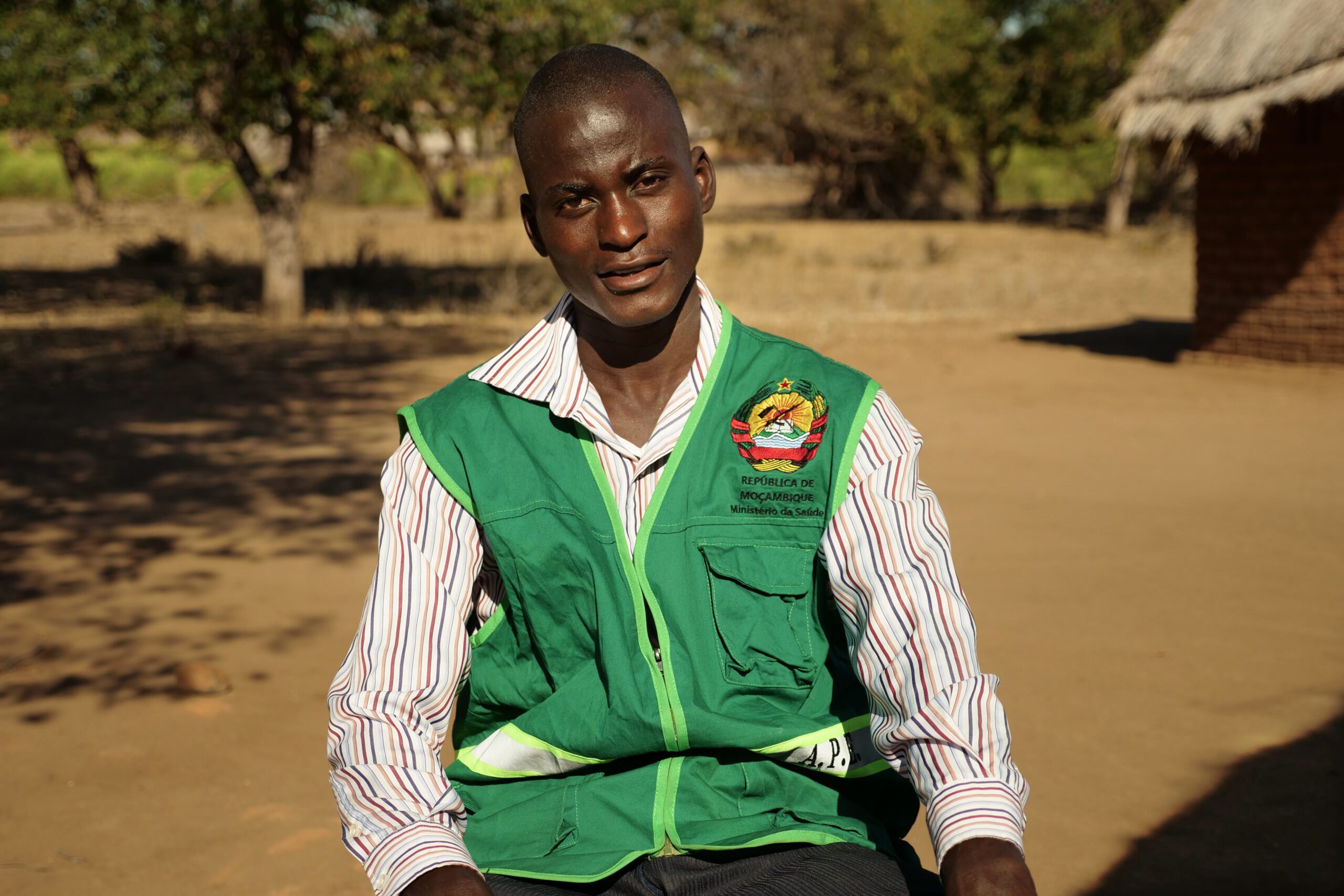
Community health worker, Traimo Chaora, helped the visiting health facility staff. He studiously recorded every child’s name and the specific services he or she received in an official register. On a typical day, Chaora visits residents of Zambezi and nearby communities with his portable health kit. It includes things like ferrous sulphate to prevent iron deficiency during pregnancy, saline solution to rehydrate people with diarrhea, tetracycline to treat eye infections like conjunctivitis, and vitamin A supplementation and deworming tablets for children. Chaora knowledgeably provides health counselling, treatment, and referrals to community members. Six months of training well-prepared him to do this work.
Commitment matters
“If there were no community health worker stationed here, it would be extremely hard. It is a very long way from here to the nearest health facility; it takes four hours to walk,” said Chaora. “I am from this community. It is important for me to be here, so that my community can benefit.”
Helen Keller is proud of Traimo Chaora and other dedicated health workers who selflessly serve their communities. Together, we can ensure that critical services reach every child in Mozambique.
Watch the video to see this important work in action.
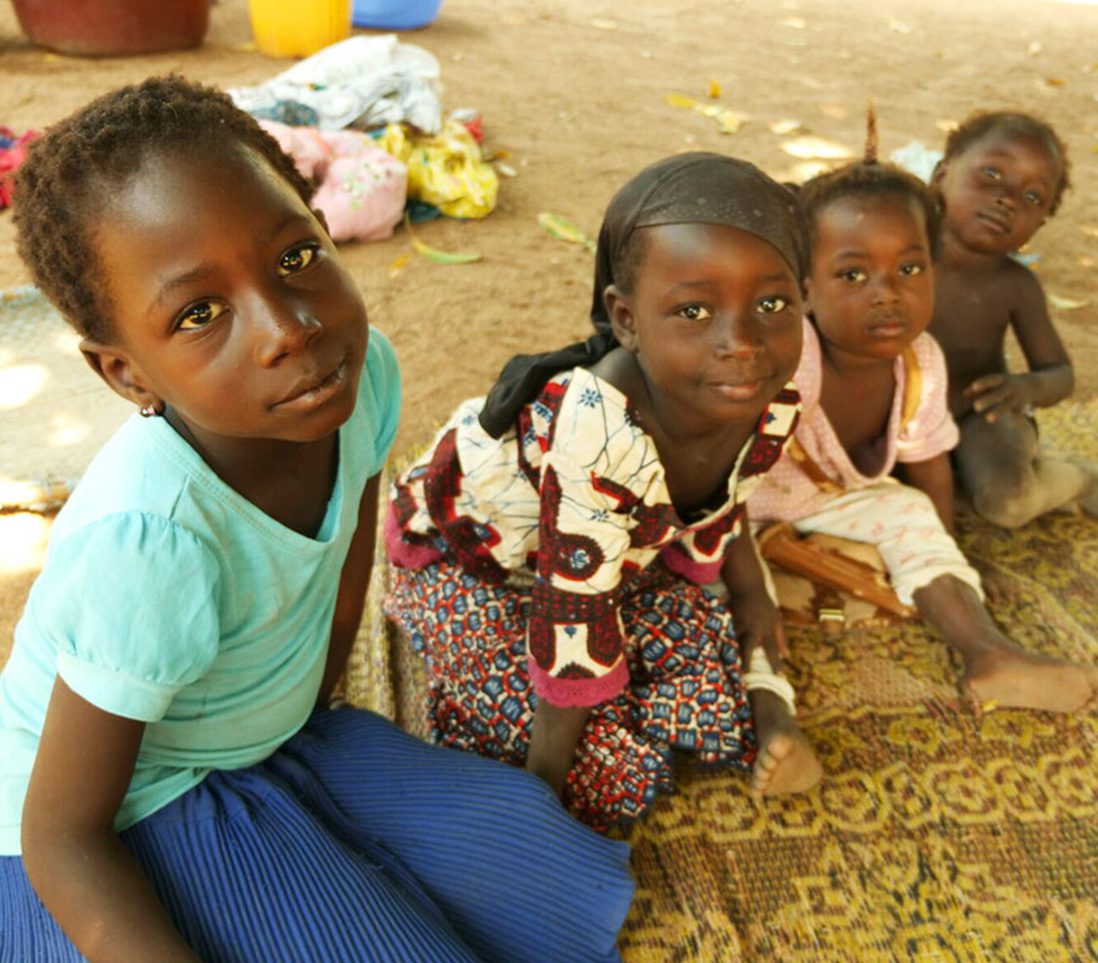
Donate now to provide vulnerable families around the world with the essential resources and information they need to protect themselves in the face of crisis – and beyond.
